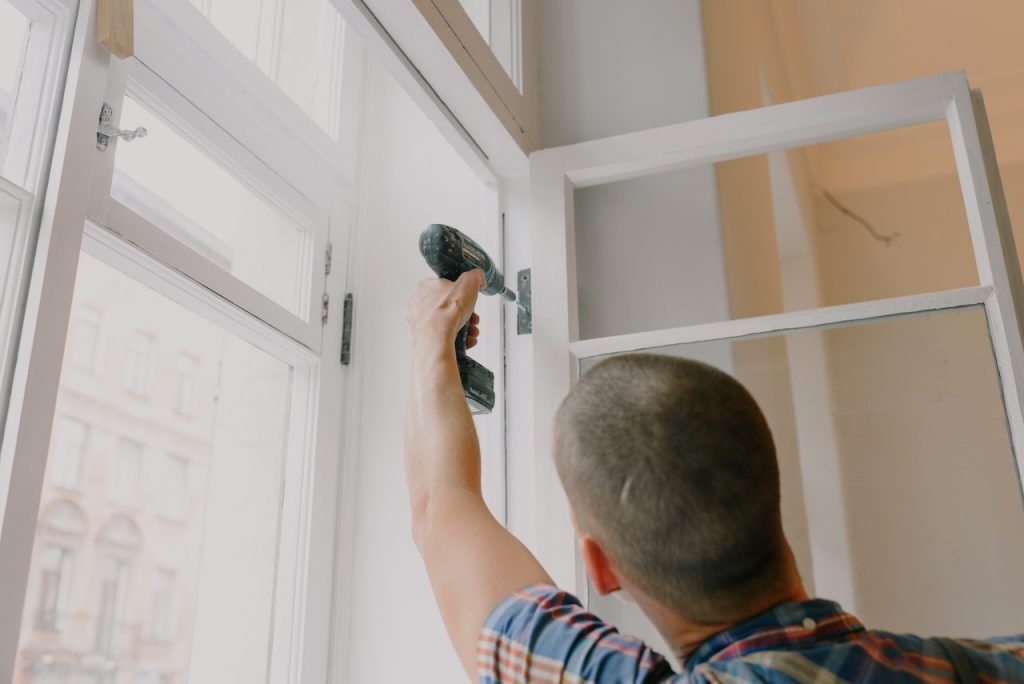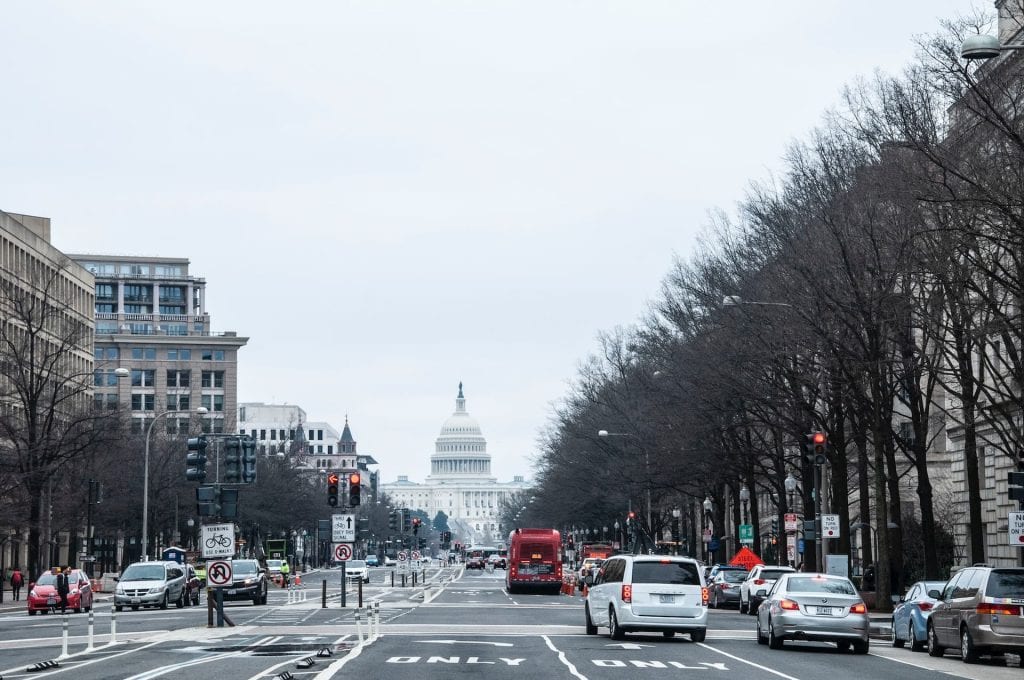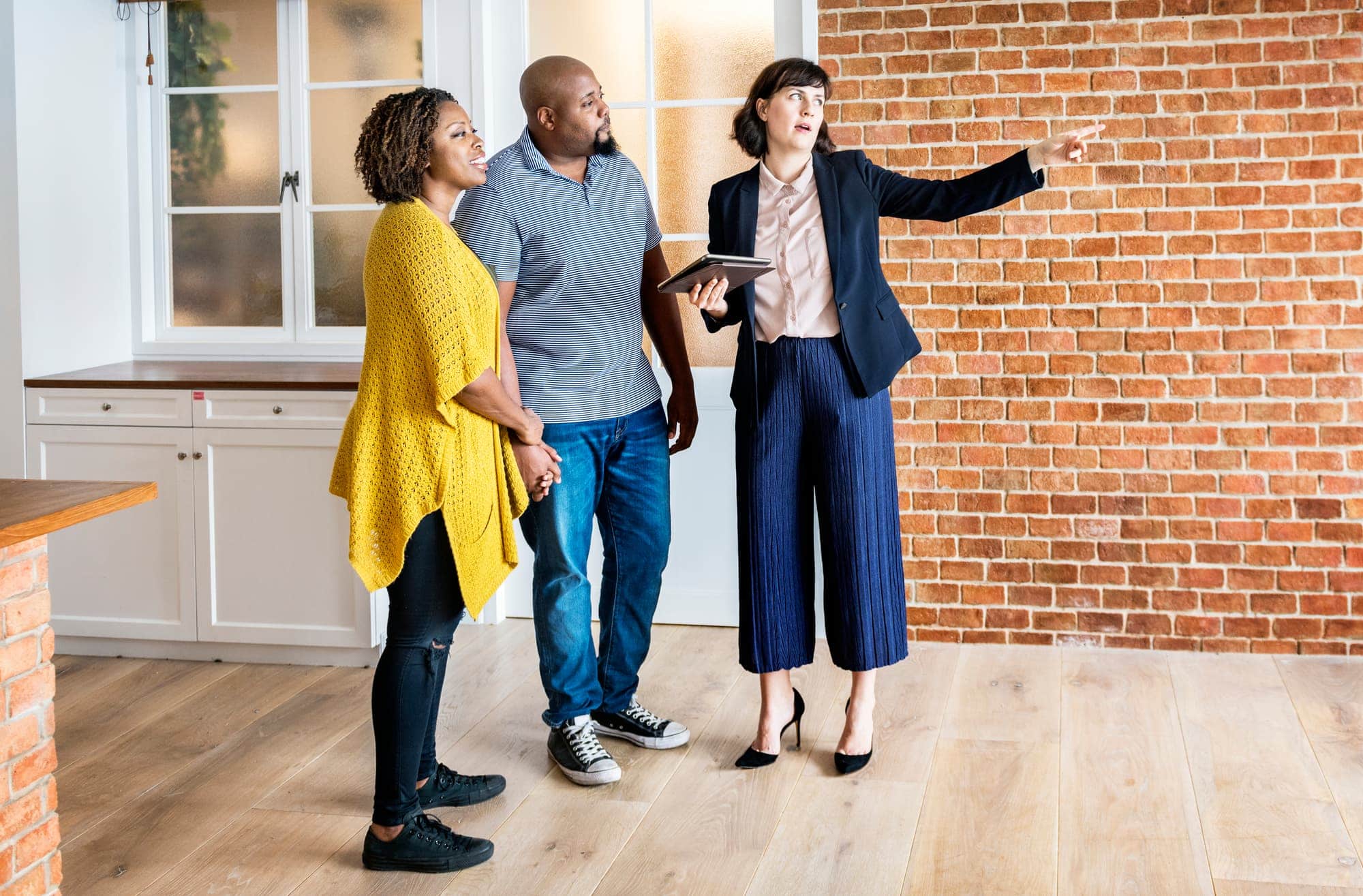Looking for a new home can be a thrilling experience, but it can also be overwhelming. Whether you’re a first-time buyer or an experienced homeowner, attending an open house can be an excellent opportunity to get a feel for a property and ask any questions.
By asking the right questions and paying attention to details, you can ensure you find a home that fits your needs and budget while avoiding any potential deal-breakers. Looking for a condo in Chicago but want to live a quiet lifestyle? You may want to ask a few questions at the open house about the surrounding environment.
In this article, we’ll provide a comprehensive list of questions to ask at an open house, covering everything from potential water damage to neighborhood safety and monthly costs. Let’s dive into the essential questions to ask at an open house to help you make an informed decision.
Why Do You Need To Attend Open Houses As A Homebuyer?

Attending open houses is a crucial step in the home-buying process. It’s an opportunity to explore homes that match your preferences and see the property in person and get a sense of the layout, features, and amenities.
However, attending open houses is more than just a chance to see the house. It is also an opportunity to ask crucial questions about the property. As a homebuyer, it’s essential to attend open houses with a list of questions prepared. Ask questions about the home, the neighborhood, the selling process, and other critical factors that may affect your purchase decision.
By asking the right questions, you can gather important information about the house, such as its age, significant repairs, and water pressure, among other things. This information can help you make an informed decision and determine whether the house is worth your investment.
Attending open houses also allows you to physically inspect the home, including its structure, plumbing, and electrical systems. By examining the house thoroughly, you can identify potential issues, such as water damage or a faulty air conditioner, and determine whether they are deal breakers or something you can fix without penalty. A home inspector will do this at some point in the buying process, but it will save you a lot of time and money if you give the house a glance beforehand.
Questions About The Property
Asking questions during an open house can provide valuable information to help you make educated decisions on whether the property is a good fit. Here are some questions home buyers should ask about the property at an open house:
What Are The Property’s Best Features?
Asking about the property’s best features can help you understand what makes it unique and appealing. This question allows the listing agent to highlight the unique property selling points, such as a great view, natural lighting, or a spacious backyard. It can also provide insight into what the current owners love most about the property.
The agent hosting the open house may also point out features you may not immediately notice, such as a new HVAC system or a recently renovated bathroom. Knowing what the property’s best features are can also help you evaluate whether they are worth the asking price.
What Renovations Or Upgrades Have Been Made To The Property?
Inquiring about renovations or upgrades that have been made to the property can help you assess the overall condition of the home. The answer will give you an idea of the property’s age and maintenance history. Knowing when and how the property was updated can also give you an idea of the potential maintenance costs you might encounter in the future.
What Appliances Or Fixtures Are Included In The Sale?
An open house is the perfect situation to ask which appliances and fixtures are included in the sale. Asking the real estate agent about this can help you avoid confusion and financially plan for your move. Some things that could/could not be left are:
- Refrigerator
- Light fixtures
- Washer and Dryer
- Kitchen Island
- Curtains
Are There Any Known Issues Or Repairs Needed For The Property?

One of the most essential questions you should ask as a potential home buyer is whether there are any known issues or repairs needed. The listing agent may be aware of past or present issues with the property. If they aren’t, the homeowner may provide them with the information in the sellers’ disclosure.
Additionally, the answer will prepare you for home inspection results should you choose to start the home-buying process. Asking about any known issues or repairs needed for the property can help you avoid unpleasant surprises later. It also helps you negotiate a lower purchase price or plan for future maintenance costs.
How Old Is The Roof?
The age of the roof is a vital consideration for potential buyers. Roofs typically last between 15 and 25 years, depending on the materials used and the weather conditions in the area. Knowing the roof’s age can help you anticipate when it will need replacing and factor that cost into your budget before you go under contract.
How Old Is The HVAC System?
The age of the HVAC system is another important factor to consider when purchasing a property. HVAC systems typically last between 10 and 20 years, depending on the make and model. Knowing the age of the system can help you anticipate when it will need to be replaced and budget accordingly.
Questions About The Neighborhood
When buying a home, it’s not just about the property itself; the neighborhood it’s located in is just as important. That’s why attending an open house is an excellent opportunity for homebuyers to learn more about the neighborhood and the community they will be joining.
Asking questions about the neighborhood can help you assess whether the area suits your lifestyle and determine its proximity to essential amenities and local transportation. It can also give you information about your potential neighbors, the Homeowner’s Association, the crime rate in the area, and other critical details.
Here are the main questions you should ask at an open house about the neighborhood as a potential home buyer:
Is There a Homeowner’s Association?

This is a crucial question to ask, as it will reveal more about your monthly house payment, what services you will and will not pay for, what utilities you’ll need, and more. Homeowners Associations ensure that the property value of your home stays as high as possible by limiting what owners can do with the outside of their houses and within the neighborhood. HOA’s may also provide services and amenities for residents in return for a monthly association fee. Some of these services may be:
- Water
- Sewer
- Trash Pickup
- Pest Control
- Outdoor Maintenance
As an example of HOA limitations, many homeowner associations don’t allow owners to build additional structures on their property. This would keep the neighborhood from looking cluttered and ensure a uniform look throughout the entire neighborhood. Other things an HOA may restrict or limit are:
- Exterior home paint colors
- Fence or gate structures
- Additional parking extensions
- Additional structures
- Certain trees/shrubs/florals/etc.
- Flags, trinkets, and other outdoor decor
What Are The Nearby Amenities?
One of the first questions homebuyers should ask is about nearby amenities. This includes schools, parks, clubs, stores, restaurants, and any other locations you may need. It’s vital to ask about these amenities because they can significantly impact your daily life.
For example, if you have children, you want to know about the quality of nearby schools. If you like to stay active, you want to know about parks and recreational facilities in the area. If you love visiting exclusive clubs, it’s always best if they are near your home for easy access.
By asking these questions, you can get a better sense of what it’s like to live in the neighborhood and determine whether it meets your needs.
What Is The Neighborhood Like?
Another excellent question to ask is what the neighborhood is like. Is it quiet or busy? Is it child-friendly or geared toward child-free people? Understanding the neighborhood’s character can help you determine whether you would feel comfortable living there.
For example, if you’re looking for a peaceful retreat, you might not want to live in a bustling city center. Similarly, if you have children, you want to ensure the neighborhood is safe and welcoming to people with children.
What Is The Crime Rate In The Area?
You should also ask about the area’s crime rate to ensure you pick the safest option available. A real estate agent will most likely have general information on neighborhood safety. Talking to neighbors or the Homeowners Association will also give you a genuine idea of safety.
What Are The Neighbors Like?
Before you purchase a home, you should get a good sense of who you’ll be living next to. Awful neighbors can make or break your living experience, even if you get your dream house. Ask your agent or the HOA (if there is one) what they know about the tenants and the neighborhood in general. It’s also a good idea to drive around at different times of the day so you can have a clear picture of what the neighborhood is like 24/7.
What Is Local Transportation Like?

Another essential consideration is local transportation. How easy is it to get around the neighborhood and to nearby areas? Are there public transportation options like buses or trains? How accessible are major highways or roads?
Transportation can considerably impact your daily life and budget, so it’s critical to consider these factors when evaluating a potential neighborhood.
What Is the Local Real Estate Market Like?
Potential home buyers must know what the local real estate market is like. While getting your dream house is exhilarating, you must also consider the future. Talk to a home agent about the local market. Are home values increasing or decreasing? Would buying a home in that area be an investment or a liability?
Having information on past market rates will give you an idea of the trajectory of the local real estate market.
What Is Local Culture Like?
Amenities are not all that make or break a neighborhood. When visiting an open house, ask about the local culture. Are there any unique events or traditions? Are there opportunities to engage with different cultures and communities?
It’s best to purchase a home in an area with a culture that appeals to you. For example, you may prefer to experience multiple cultures, celebrations, and events with other members of your community. Alternatively, you may prefer quiet neighbors who mind their own business.
Asking questions about the local culture helps you envision your life living in that home. It can help you decide whether or not buying that home is a worthwhile lifestyle investment.
Questions About The Selling Process
Beyond asking questions about the property’s condition and the surrounding neighborhood, it is also necessary to ask questions about the selling process.
By doing so, you can gather valuable information that can help you make an informed decision about whether to make an offer on the property. Here are some questions you should consider about the selling process:
Why Is The Homeowner Selling?
One of the most important questions about the selling process is why the homeowner is selling. The answer can provide valuable insight into the seller’s motivation and potentially give you room to negotiate the price. Additionally, it can give you an idea of whether any underlying issues with the property or neighborhood may be prompting the sale.
How Long Has The Property Been On The Market?

Another essential question is how long the property has been on the market. If the property has been listed for an extended period, it could indicate issues with the property or that it is overpriced. On the other hand, if it has just been listed, it may show that the seller is motivated and willing to negotiate.
What Is The Asking Price, and Are There Any Offers Already On The Property?
Knowing the asking price and whether there are any offers already on the property is also critical. This information can give you a sense of the level of competition you may face and whether the asking price is reasonable. If there are already offers on the property, it may also prompt you to make a more competitive offer or walk away to avoid wasting time.
Are There Any Contingencies On The Sale?
It is also necessary to ask about any contingencies on the sale. For example, if the seller needs to find a new home before selling, it could impact the sale timeline and potentially delay moving in. Knowing about any contingencies upfront can help you plan accordingly and decide whether to move forward with the purchase.
Are There Any Disclosures The Owner Needs To Make?
It is also vital to ask about any disclosures or history related to the property. For example, ask if any major repairs or renovations made to the property were done by a licensed professional. You may also want to ask if there are any liens or other issues related to the property’s ownership.
Key Takeaways
Attending open houses as a homebuyer and asking relevant questions is a crucial step toward making an informed decision about your potential new home. By asking about the property’s features, renovations, and condition, you can gain valuable insights into any potential maintenance issues and the home’s overall condition.
Additionally, asking questions about the neighborhood and the selling process can help you assess whether the area is a good fit for your lifestyle and determine any competition from other buyers.
Remember that purchasing a home is a significant investment. Gathering as much information as possible before making a final decision is essential. Attending open houses and asking questions is a fantastic way to better understand the property and the surrounding area. It ensures you make a well-informed decision about one of the most significant investments you will ever make.
Need help finding properties in your area? Search for properties on eXp Realty and sign up to get alerts of new property/house/condo/etc listings when they come on the market. You can also contact a local eXp agent to help with your search.
FAQs
Learn more about what questions to ask at an open house in this FAQ section. We’ve sourced questions from Google’s People Also Ask and forums to give you more information on open houses and what you should say as a potential home buyer.
What do you say at an open house?
At an open house, start by introducing yourself to the home agent or host. You can then ask questions about the property, neighborhood, and selling process. You should also express interest and request additional information, such as disclosures or a property report.
What is the most asked question in real estate?
The most asked question in real estate is “What is the asking price?” It helps potential buyers understand the property’s market value and whether it is within their budget. Other commonly asked questions include the property’s features, condition, and potential issues.
What are the most important questions to ask when viewing a house?
When viewing a house, the most important questions to ask include, the property’s condition, potential maintenance issues, and what’s included in the sale. Other key questions relate to the asking price, neighborhood, selling process, and if there are any contingencies on the sale.
What are the top questions people ask real estate agents when selling their home?
When selling their home, people often ask real estate agents about the current market conditions, their marketing strategy, pricing and pricing strategy, and the agent’s experience and qualifications. Other common questions may include how to prepare the home for sale, whether staging is necessary, and how long the selling process will likely take.
What are the most important questions to ask a realtor as a buyer?
As a buyer, the most crucial questions to ask a realtor are about the property’s history, any potential issues, and if there are any competing offers. Additionally, ask about the selling process, such as contingencies and the timeline. Finally, ask about potential negotiation strategies and if they have a network of trusted professionals, such as inspectors or lenders, to assist you.





